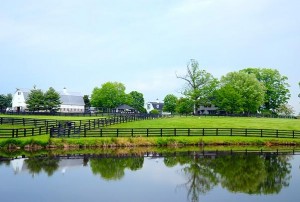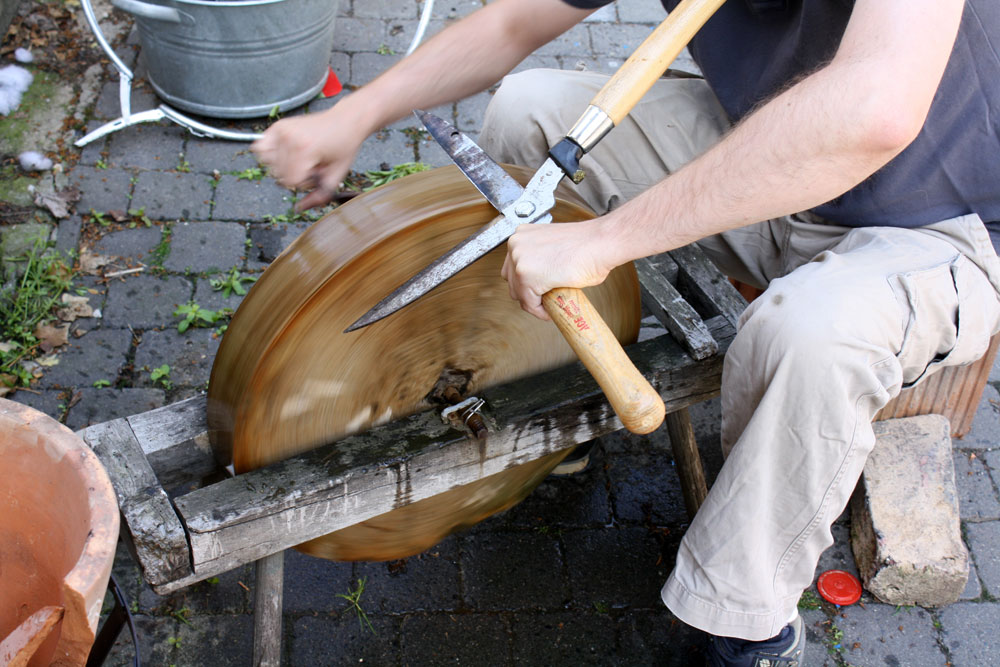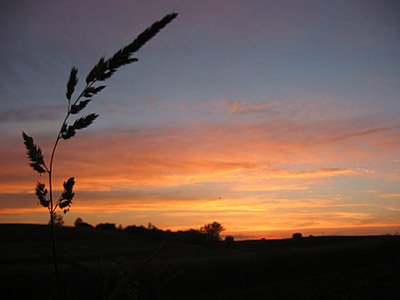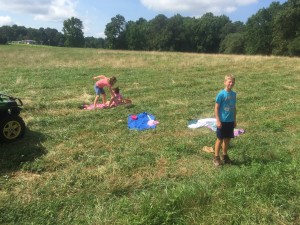Easily the number one reason to be a gentleman farmer is for the tax savings. Yes, I know it’s all about getting back to nature, letting the kids run free, growing your own food. Yeah, yeah, all that is true. But at the end of the day, the world isn’t run by happy feelings and beautiful sunsets, it’s run by dollars. I’m actually hesitant to put this topic down in print for fear somebody will use it as a basis for changing the laws on farming and farm status. But nothing I’m saying here isn’t well documented and well known within the tax and farming communities.
But before we talk about tax savings, lets talk about what it means to be a farmer, or specifically a gentleman farmer. This is a term I was introduced to by my farm insurance agent. To be a gentleman farmer means someone who owns a farm but actually doesn’t really farm all that much. Maybe you play at it, or maybe you are serious about one aspect but that doesn’t cover the costs of your entire farm. A hobby farmer would be another description people use. Basically anyone who makes their money from off farm, but still plays at farming a bit on the side while losing money at it would be a gentleman farmer.
But what about being a farmer as far as the government is concerned? Does your garden count if it’s big enough? What if you have horses? How do I make sure I’m counted as a real farmer? There was a time when it was fairly difficult to be qualified as a farmer in North Carolina. There wasn’t much, outside of being a large row crop or livestock farmer that counted but over the last few decades, the law has marched steadily towards making more and more land eligible for farm status. The best writeup on farming and farm status I’ve seen is located here. Since this link is a blog for lawyers, I’ll grab a quick excerpt from the post as a summary in case you don’t read the post (you should).
The latest law affecting farmers and farm status was passed in 2011.
The act provides a “safe harbor” by listing five forms of verification, any one of which is sufficient to qualify a property for the bona fide farming exemption. The items of proof include (a) a farm sales tax exemption certificate; (b) a copy of the property tax listing showing that the farm qualifies for the present-use-value property taxation that apples to agricultural, horticultural, and forestry uses; (c) a copy of the farm operator’s federal income tax form that demonstrates farm activity; (d) a forestry management plan; or (e) a farm identification number issued by the U.S. Department of Agriculture. Several of these safe harbors—qualifying for present-use-value taxation (item b), filing an IRS form demonstrating farm activity (item c)—even obtaining a farm sale tax exemption certificate—involve the regulatory authority of either the state or federal government.
What this says is if you file a schedule F on your tax return, which you would do so you can write off your farming expenses, you qualify as a bona fide farm under NC law. Or if you register your farm with FSA which you are required to do, you qualify. Since you are likely buying an existing farm, you just need to update your contact information at the local FSA office. At that point, bam! You are a farm. Basically, if you are farming at all, you are a bona fide farm. Period. That was the purpose of the law, to clearly define what is and is not a farm so that individual regulatory agencies in our 100 counties would once and for all leave farmers alone.
However some of these exemptions are circular. You want to be a “bona fide farm” so you can get your sales tax exemption, which is one of the ways to be a bona fide farm. It’s not as confusing as it sounds. In our next post, we’ll walk through your sales tax exemption.






